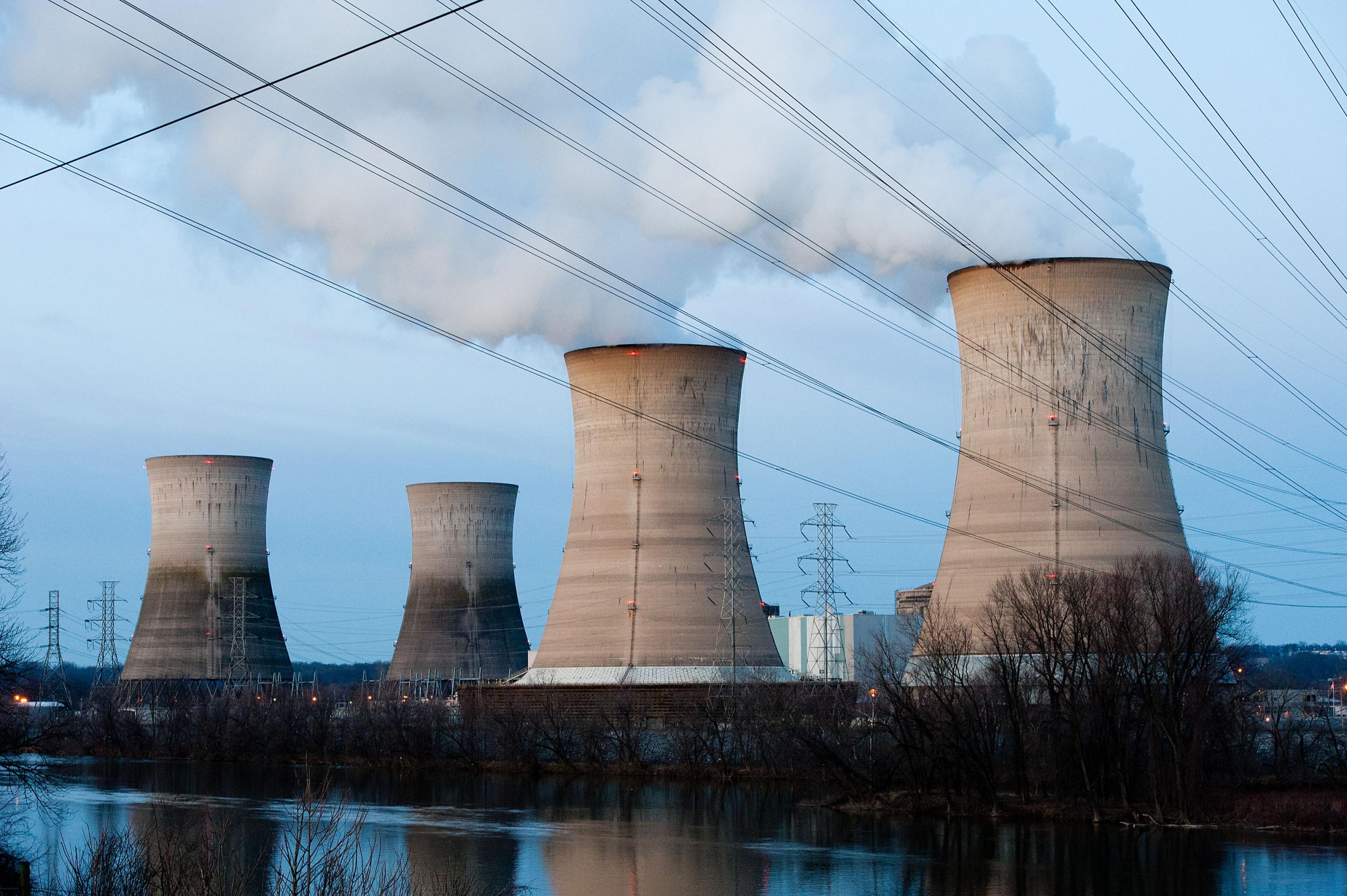Nuclear power stations and airports told to 'remain resilient' against potential terrorist attacks
Fears remain that Britain's 15 operational reactors, which account for nearly a fifth of the country’s electricity, may be targeted

Your support helps us to tell the story
This election is still a dead heat, according to most polls. In a fight with such wafer-thin margins, we need reporters on the ground talking to the people Trump and Harris are courting. Your support allows us to keep sending journalists to the story.
The Independent is trusted by 27 million Americans from across the entire political spectrum every month. Unlike many other quality news outlets, we choose not to lock you out of our reporting and analysis with paywalls. But quality journalism must still be paid for.
Help us keep bring these critical stories to light. Your support makes all the difference.
Nuclear power stations and airports have been told to “remain resilient to evolving cyber threats”, amid fears that their systems may be targeted by hackers.
Energy minister Jesse Norman told The Telegraph that the government was "fully committed to defending the UK against cyber threats, with a £1.9 billion investment designed to transform this country’s cyber security.”
But the threat of attack on Britain’s 15 operational reactors, which account for nearly a fifth of the country’s electricity, from terrorists, foreign spies and “hacktivists” remains high.
Mr Norman added that the civil nuclear strategy included ways which the sector “can defend against, recover from, and remain resilient to evolving cyber threats”.
But security services fear that some will nonetheless try to exploit “vulnerabilities” in the nuclear industry’s internet defences.
It comes as intelligence agencies suggested that terror groups may have developed methods of planting explosives in mobile phones and laptops which avoid screening.
This led to the US and Britain banning travellers from a number of countries carrying laptops and large electronic devices on board flights.
Professor Malcolm Chalmers, deputy director-general of the Royal United Services Institute, an independent think tank for defence and security, told The Telegraph it was crucial for the Government to “respond rapidly”.
“The potential threats are wide-ranging and are coming from government and non-government sources," he said.
“Crucially there has to be clear co-operation with the private sector to tackle this, especially as airports are usually in private hands."
Subscribe to Independent Premium to bookmark this article
Want to bookmark your favourite articles and stories to read or reference later? Start your Independent Premium subscription today.
Join our commenting forum
Join thought-provoking conversations, follow other Independent readers and see their replies
Comments